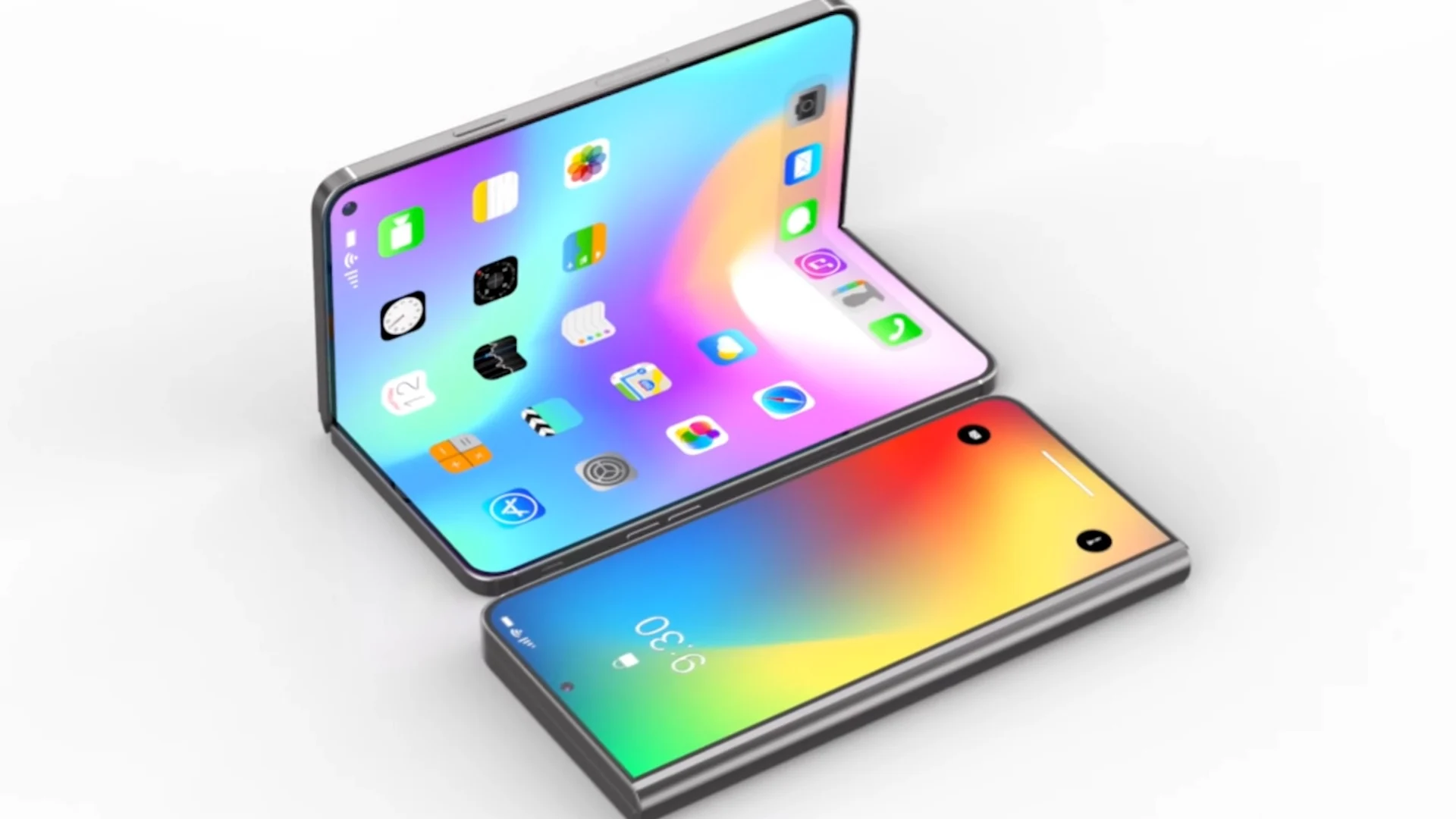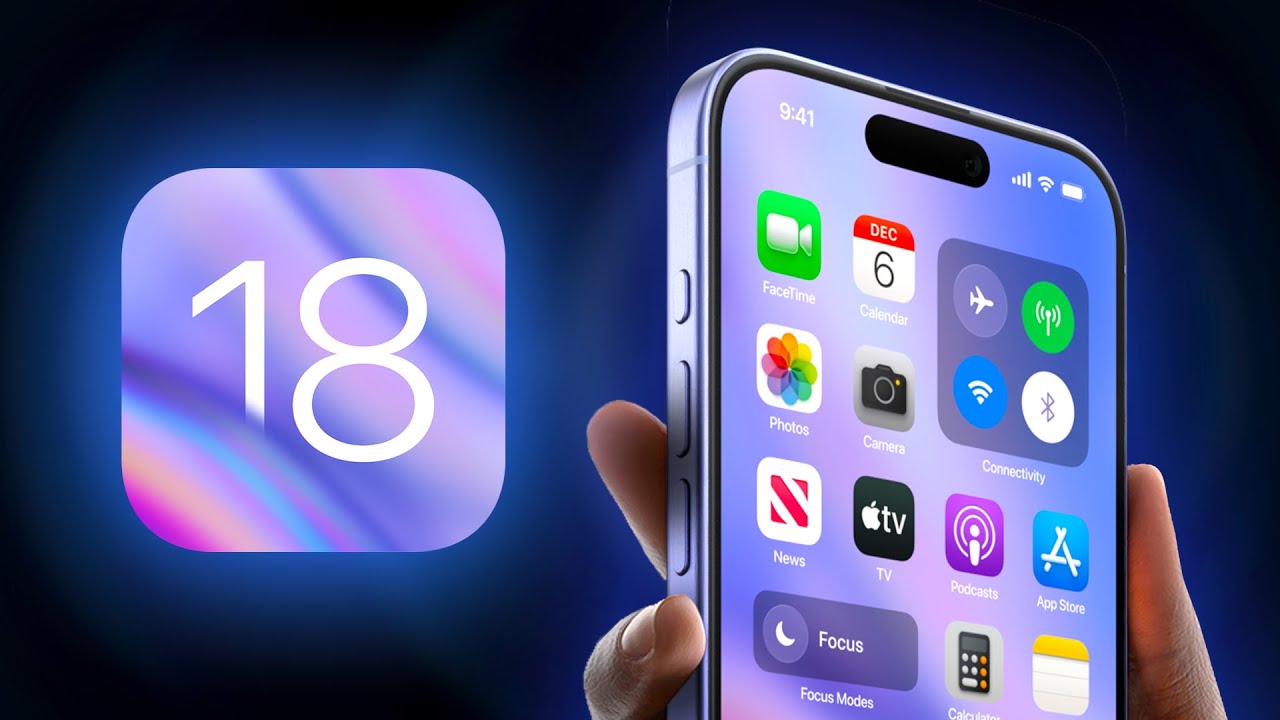The iOS 18.4 beta just dropped, and it’s got a cool surprise: a Food hub and cooking guide in Apple News. But here’s the real kicker—a new gadget I’m calling the ‘HomePad’ is on the way, and this cooking feature feels like it was made just for it.
iOS 18.4 Brings a Fun Cooking Tool
People thought iOS 18.4 would focus on making Siri smarter. That’s not in the first beta yet—maybe it’s coming in iOS 18.5. Instead, we got a shiny new food section that’s stealing the show. If you’ve got Apple News+, the News app now has a special Food area. It’s packed with recipes, restaurant details, and a handy cooking mode—perfect for food lovers.
Apple’s press release explains it best:
The Food feature lets you explore tons of recipes in a Recipe Catalog that grows daily. The layout is simple and pretty, showing ingredients and steps clearly. There’s a cook mode that zooms in on each step, and you can save recipes to use offline later.
It’s a lot like how Apple Music shows lyrics or Podcasts display transcripts—a clean, bold look that highlights the text. The step you’re on glows, while others stay faded but readable. It works great on iPhones and iPads, but it’s going to shine on the HomePad when it arrives, probably this spring. Maybe it’ll even get its own Cook app!
HomePad: Your Kitchen Buddy
Mark Gurman says the HomePad will be super flexible for any room. It’ll come with parts you can swap—like wall mounts for a security panel vibe or bases with speakers for the kitchen or desk. Apple sees it helping with FaceTime calls while you cook or chat in work meetings.
I bet there’ll be a fridge magnet option too, even if Gurman didn’t mention it.
We’ve spotted clues in iOS 18.4’s code about this Home gadget, including something called ‘CookingKit’ that fits the HomePad perfectly. Picture this: a hands-free recipe guide where you just say, “Siri, next step,” and keep cooking.
Cooking help is only one piece of the HomePad puzzle, but it already sounds like a fresh twist on Apple’s lineup.




